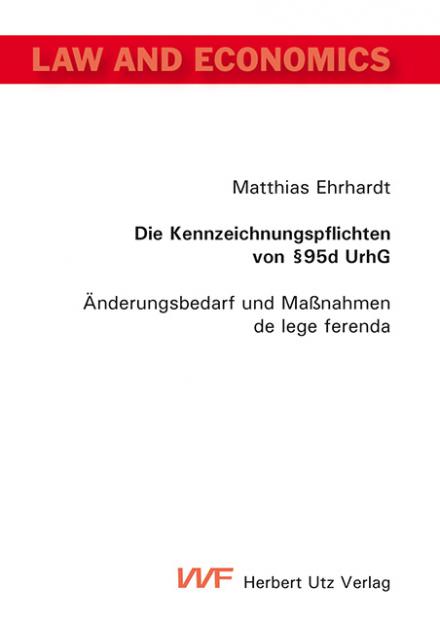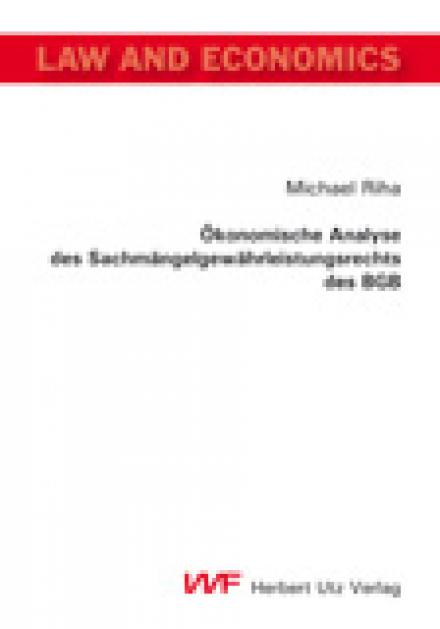
Mineko Mohri
Maintenance, Replacement and Recycling – Patentees’ Rights in the Aftermarkets
Germany, the U.S. and Japan
Intellectual property law is increasingly used to implement the business strategies of enterprises. If manufacturers of original products can monopolize the market in spare parts or prohibit recycling of their products by invoking their patent rights, they can devise a strategy that involves selling patented original products at a relatively low profit margin in order to profit by selling spare parts for these products. Patent law needs to establish general principles governing maintenance, replacement and recycling. Tracing back the history of the exhaustion doctrine, this study aims to highlight the current problems and to seek desirable solutions.
Leseproben
-
broschiert: 178 Seiten Format: 20,5 x 14,5 ISBN 978-3-8316-0964-2 Erschienen: 07.05.2010 34,00 € (Preisbindung aufgehoben)
In den Warenkorb -
E-Book: 178 Seiten Format: 20,5 x 14,5 ISBN 978-3-8316-0964-2 Erschienen: 07.05.2010 23,99 € (Preisbindung aufgehoben)
Bei Ciando kaufen
 utzverlag
utzverlag


